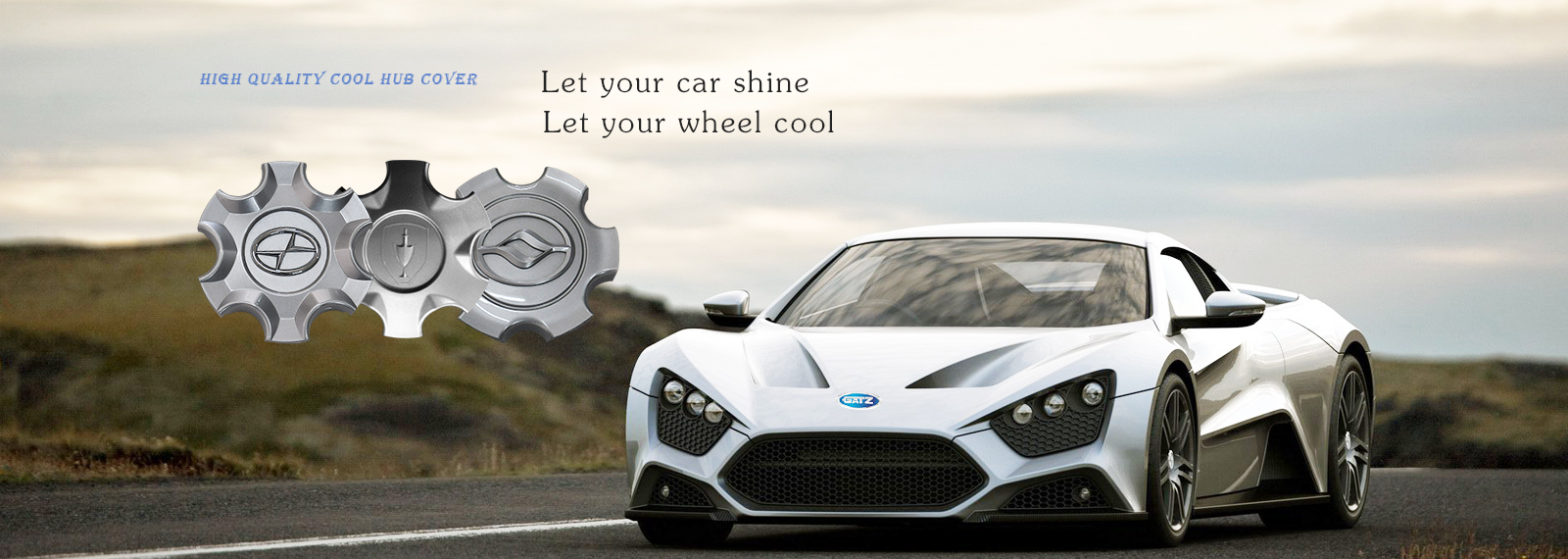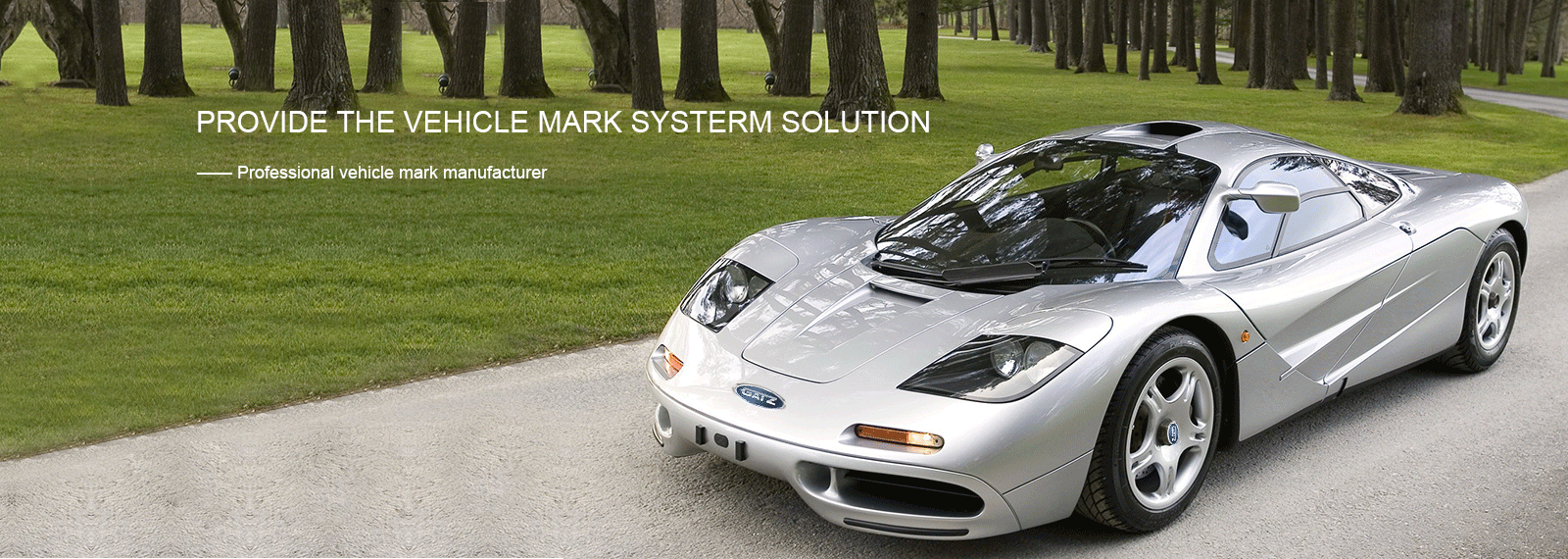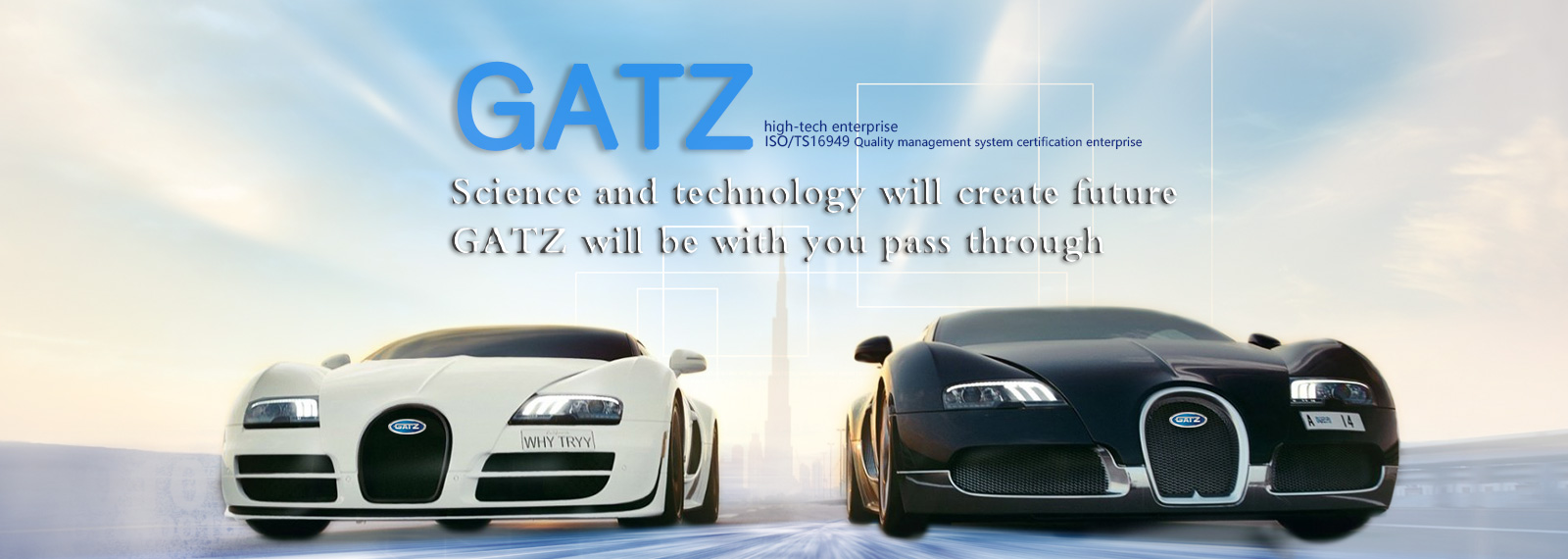Electric cars will subvert the traditional auto parts supplier pattern 75% or eliminated
Release date:2017-08-17 Author:来自网络 Click:
According to the Automotive News Network reported that for the traditional auto parts suppliers, the electric car may prove to be extinct dinosaur "meteorite."

According to a recently released report, by 2030, 75 of the top 100 suppliers in the industry will be eliminated unless they are able to develop their own electric vehicle-related businesses.
"Most of the CEOs are very concerned about the earnings of the quarter," said Paul Eichenberg, an analyst at Detroit's auto industry consulting firm, who said: "Automotive electrification is much faster than most analysts expect. Did not see the industry trend. "
Aikenberg pointed out that by 2030, the annual production of cars will be 57% of pure electric, plug-in hybrid or 48-volt electrical system of the car.
These pure electric, plug-in hybrid and mild hybrid cars will create an annual output of $ 213 billion in battery, engine and electronics markets.
This week, car manufacturers, suppliers, consulting firms and vendors gathered in the annual Management Briefing Seminars, the annual auto industry summit organized by the Ann Arbor Research Center. Participants have mentioned the industry out of the trend. Many participants admitted that the auto industry is moving from a speed break to an autopilot.
Many people believe that the combination of automatic driving technology and electrification is coexisting, both of which sparked radical technological changes.
Magna Powertrain and Magna Electronics vice president of strategy (co-ordination, picture, inquiry) Aikenberg raised a question: how many companies will be eliminated?
Automated driving vehicles will need to be equipped with wire-steering, wire-controlled automatic and precision automotive computers and other technologies, which will greatly increase power consumption.
The tightening of global carbon dioxide emissions rules is also driving the trend of electrification. New emission standards for carbon dioxide in Europe and China are coming into effect.
In 2020, the European Union's Euro 6 standard will require cars to reach 57 miles per gallon of fuel efficiency, and by 2030 the proposed sex may further increase this requirement to 73 miles per gallon.
Car manufacturers plan to meet this trend through electric, plug-in hybrid and mild hybrid vehicles. Car front standard

48 volts mild miscarriage
Mild hybrid cars refer to cars that have upgraded to 48-volt electrical systems, start-up functions and regenerative braking, and this technology is providing fast access to electrification for some suppliers.
Mild hybrid technology will increase the cost of vehicles from $ 1,000 to $ 1,200 per vehicle (equivalent to an increase of 30%), which will reduce carbon dioxide emissions by half.
"This is a good solution - especially for larger cars," says Aikenberg. "Larger cars will use this technology, and smaller cars will use plug-in hybrid Or pure electric technology. "
Some large suppliers are betting on this trend and reorienting their position through investment. In 2012, Continental AG invested $ 1.2 billion in the development of electric vehicle technology, adding a 48-volt mild hybrid system to its product line.
This is part of a "two-pronged" strategy, which assumes that carmakers will electrify their conventional cars in the short term and then gradually transition to electric and plug-in hybrid cars.
This investment was effective in the 2016 harvest since Reynolds applied Continental AG's 48-volt mild hybrid system to the Scenic SUV. Over the next two years, five other automakers almost applied the system to their vehicles.
"This is a cost-effective way for the turn of electric vehicles and plug-in hybrid cars," said Kregg Wiggins, senior vice president of Continental's drive division. "The current production of internal combustion engine cars is still nearing its peak, There is a lot of space.
By 2020 or 2021, Continental expects its electrical systems business to generate approximately $ 1.2 billion in sales, much higher than this year's $ 152 million. To boost this growth, the company announced in April that it would invest another $ 351 million in 2021 for the development of electric vehicle products.
Wiggins said the company is developing electric vehicle charging systems, electric shafts, AC / DC converters, battery management systems and automotive electronics.
The market for these parts is expected to boom around the next decade, and Continental expects annual sales of $ 2.3 billion by 2025.
Software development
Hybrid power and electric cars will require a lot of professional hardware from suppliers. However, the profit growth point will be related to the software.
For example, Delphi Automotive is developing its ability to integrate a 48-volt electrical system with a mild hybrid powertrain. Delphi Gustanski, vice president of engineering, argues that the key to this technology is to control the vehicle's switching between electric and petrol engines.
"The key is to know when to use an electric engine," said Mary, "and sometimes, electrification gives you more power on power, and these are done in software.
Delphi's latest project: Combining the stop cylinder system (also known as the dynamic jump ignition system) with a 48 volt electrical system. Mary said the technology portfolio could reduce fuel consumption by 19 percent.
Delphi has also introduced a technology portfolio for pure electric vehicles, but the 48-volt electrical system has a big advantage: car manufacturers now need it to transition, and demand for the next decade will continue to grow.
Aikenberg believes that by 2030, the global 48-volt electrical system's annual sales will grow to 29 billion US dollars.
Meteorite landed
By 2025 to 2030, with the electric car and plug-in hybrid cars in the Volkswagen market dominance, Aikenberg's trend may be hit against existing suppliers.
Aikenberg explained that car manufacturers will use cutting-edge technology from the consumer electronics industry, while the traditional parts manufacturers lose patience. Consumer electronics vendors such as LG Electronics, Toshiba, Bosch and Panasonic will use their economies of scale to reduce the cost of electric vehicle electronics.
Similarly, car manufacturers will turn to LG Chemie, Panasonic, Samsung, Toshiba and Hitachi and other battery manufacturers to ensure a stable battery supply.
This trend has already begun. In February, Honda Motor announced a joint venture with Hitachi subsidiary to produce electric vehicle motor. General Motors is working closely with LG Electronics and LG Chemical to produce key components of Chevrolet Bolt.
Future trends
In fact, Bolt may give us a clear understanding of the future. According to UBS's report in May, 87% of Bolt's powertrain, battery and infotainment systems came from LG Electronics and LG Chemical.
And GM (GM) of the traditional suppliers did not account for how much of its share.
To be sure, the automotive industry is fully dealing with subversive technologies such as infotainment and autopilot cars.
But Aikenberg believes that electrification will prove to be a greater subversion.
He warned: "If you do not face this problem today, then as time goes by, your choice will be less and less."
Article URL:http://www.gatzchina.com/en/news/217.html
Related labels:Caroutlet
Recent browse:
Related products:
Related news:
- Master self-test tips to maintain life protection
- Car maintenance should pay attention to vehicle maintenance there are four major traps
- Tesla will release the high distribution version of Model 3 or listed in the middle of next year
- Repair Method of Common Faults in Automobile Starter Circuit
- Development Trend of Automobile Parts
- Away from the car Coke troubles a few tips
- Summer car maintenance how to effectively prevent the car
- Japanese businessmen return to my process and quality control certainly affirmed
- Introduction to auto parts
- Summer car air conditioning maintenance techniques and the use of attention






